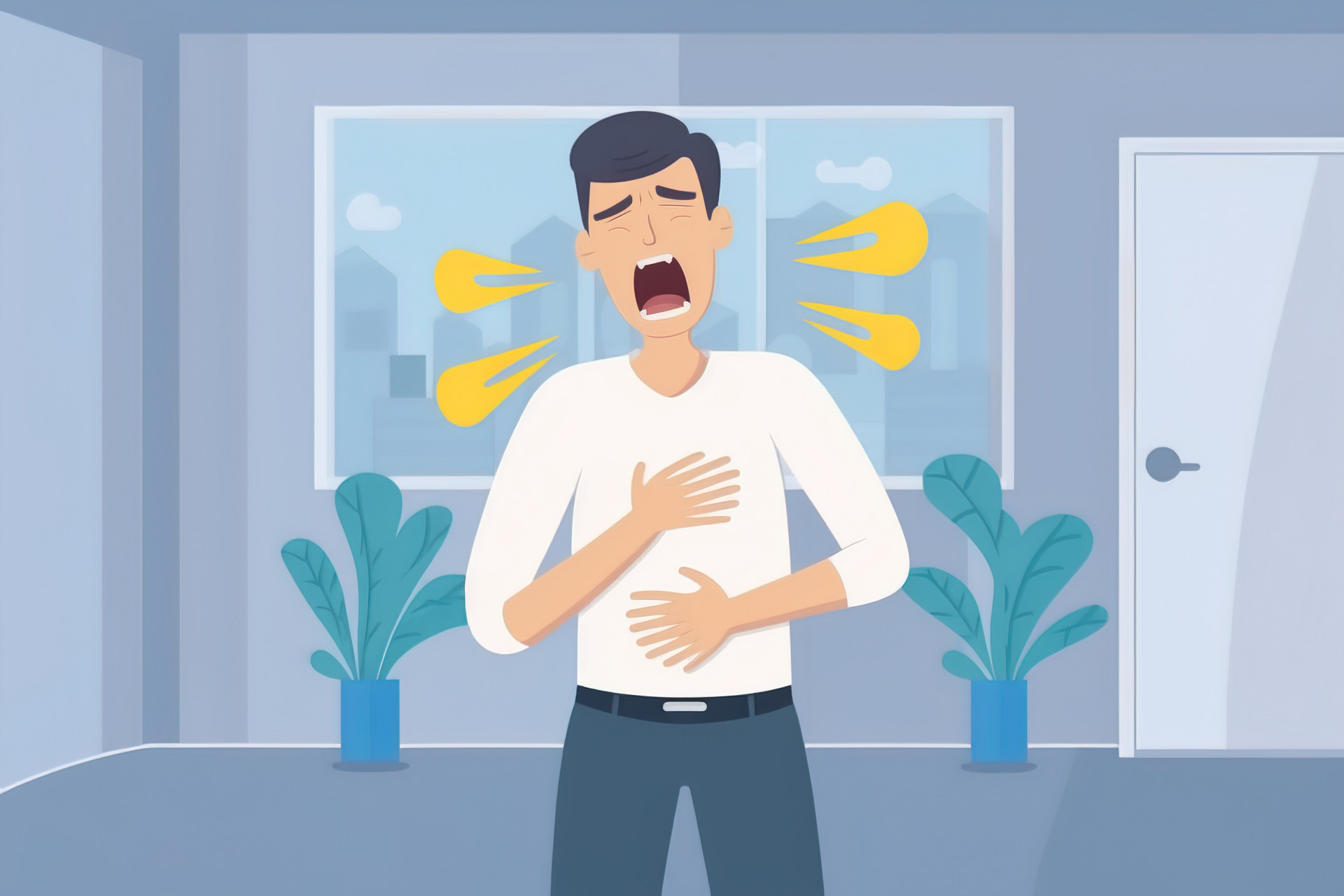The lively feast cannot do without alcohol to liven up the atmosphere. After several rounds of drinking, some people become confused, some vomit, some have a flushed face, and some turn as pale as paper. There are also a few people who are naturally "alcohol baskets" and can handle a thousand cups without getting drunk. Many people think they won't get drunk, but end up getting more severely intoxicated than anyone else.
Traditional Chinese medicine reminds you that there are many misunderstandings about drinking alcohol, which leads to a lack of control over the level of intoxication:
Misconception 1: Taking hangover medicine after drinking can cure a hangover
Taking medicine is slower than alcohol entering the bloodstream. After alcohol enters the stomach, it can enter the blood vessels in less than 5 minutes and quickly spread throughout the body. Alcohol can cause damage to the liver, stomach, heart, and brain.
When taking "hangover medicine," the alcohol has already entered the bloodstream and the medicine won't have time to take effect. Even if you take hangover medicine immediately after drinking, the absorption rate of the medicine is much slower than the rate of alcohol diffusion.
Misconception 2: If you vomit immediately after drinking, you can continue drinking
This can indeed help get rid of some alcohol because some alcohol has not had time to enter the bloodstream. However, vomiting has a great impact on the gastrointestinal tract and gastric mucosa.
Alcohol can promote blood circulation and resolve stasis. Therefore, after drinking alcohol, the gastric mucosa is in a congested state. Vomiting causes an inflammatory reaction in the stomach, which can lead to gastrointestinal problems such as hemorrhagic gastritis and hemorrhagic gastric mucosa inflammation.
Misconception 3: Mixing alcohol with soft drinks can lower the alcohol concentration
Mixing red wine with cola or white wine with Red Bull not only improves the taste of the alcohol, but also hopes to lower the alcohol concentration for those who drink mixed beverages. Unfortunately, this actually accelerates the absorption of alcohol and increases post-drinking discomfort.
The carbon dioxide in carbonated drinks such as cola and Sprite can accelerate the absorption of alcohol by the body. In addition, under the action of carbonation, alcohol can more easily pass through the blood-brain barrier and enter the brain. Functional drinks like Red Bull contain caffeine, electrolytes, and taurine, which can increase the burden on the heart under the influence of alcohol, causing palpitations and chest tightness in individuals after consumption.








